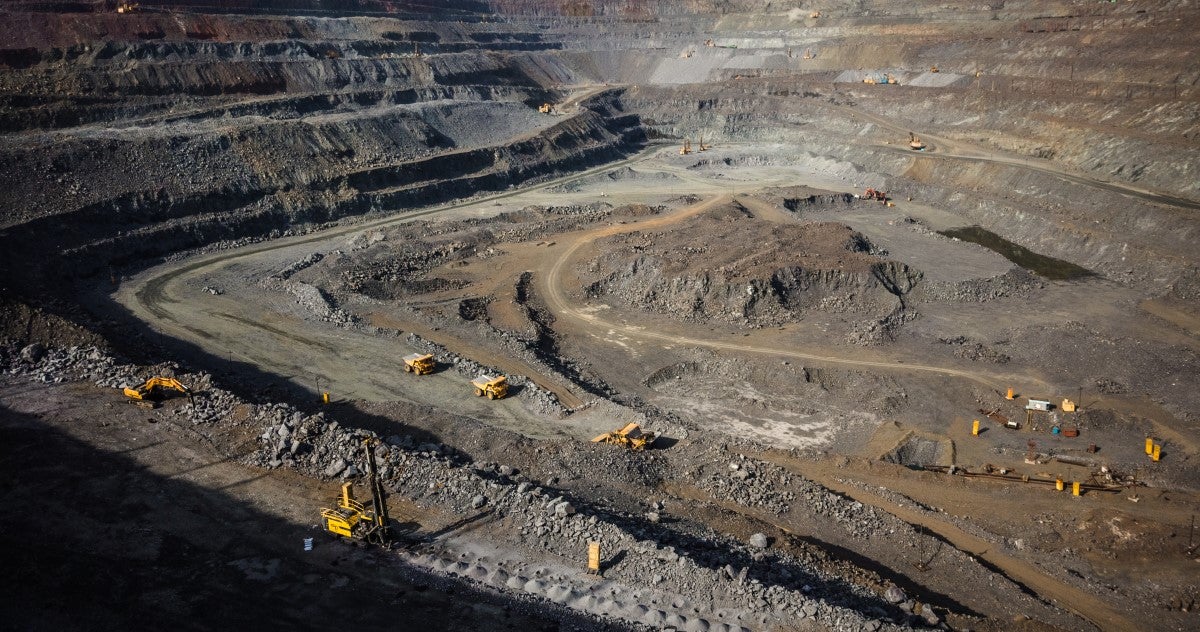Mining, a vital industry that fuels economic growth and provides essential resources, has a dark side that often goes unnoticed. While mining plays a significant role in our modern society, it is crucial to acknowledge the harmful impact it can have on human health. This blog post aims to shed light on the various ways in which mining activities can be detrimental to humans, from exposing workers to hazardous substances to polluting air, water, and soil.
- Occupational Hazards:
Mining operations expose workers to a range of occupational hazards, leading to severe health issues. Miners are at risk of respiratory diseases such as pneumoconiosis, commonly known as "black lung disease," due to prolonged exposure to coal dust. Additionally, miners are susceptible to hearing loss caused by constant noise exposure and musculoskeletal disorders resulting from repetitive tasks and heavy lifting. - Exposure to Toxic Substances:
Mining involves the extraction of minerals and metals from the earth, often leading to the release of toxic substances. For instance, the extraction of gold and silver can involve the use of cyanide, which poses significant health risks if not properly managed. Exposure to heavy metals like lead, mercury, and arsenic, commonly found in mining areas, can lead to neurological damage, organ failure, and even cancer. - Air Pollution:
Mining operations contribute to air pollution through the release of particulate matter, sulfur dioxide, and nitrogen oxides. These pollutants can have detrimental effects on human respiratory health, causing or exacerbating conditions such as asthma, bronchitis, and other respiratory diseases. The proximity of mining activities to residential areas further increases the risk of exposure for nearby communities. - Water Contamination:
Mining activities can contaminate water sources through the discharge of wastewater containing toxic chemicals and heavy metals. This contamination not only affects aquatic ecosystems but also poses a significant risk to human health. Consuming or coming into contact with contaminated water can lead to gastrointestinal problems, kidney damage, and long-term health complications. - Soil Degradation:
Mining operations often result in soil degradation, disrupting the natural balance and fertility of the land. This degradation can have far-reaching consequences for human health, as it affects the quality and availability of agricultural produce. Contaminated soil can lead to the uptake of toxic substances by plants, ultimately entering the food chain and posing risks to human consumers.
Conclusion:
While mining is essential for economic development, it is crucial to recognize and address the harmful effects it can have on human health. From occupational hazards faced by miners to the contamination of air, water, and soil, the detrimental impact of mining activities cannot be ignored. Stricter regulations, improved safety measures, and sustainable mining practices are necessary to mitigate these risks and ensure the well-being of both mining workers and nearby communities.
